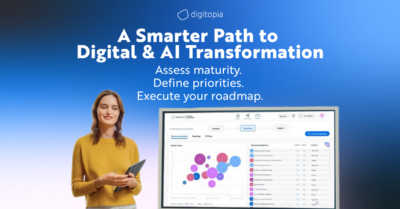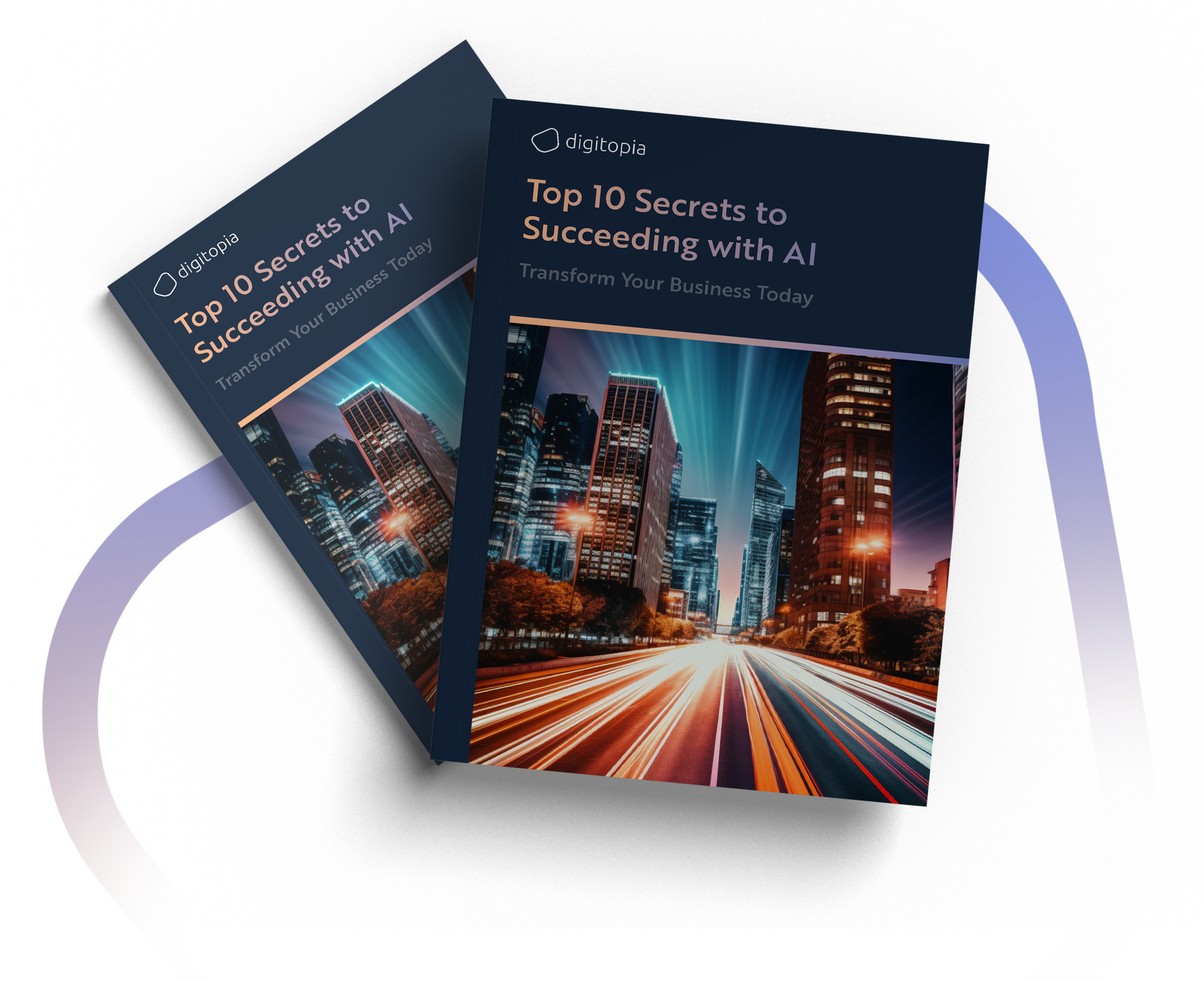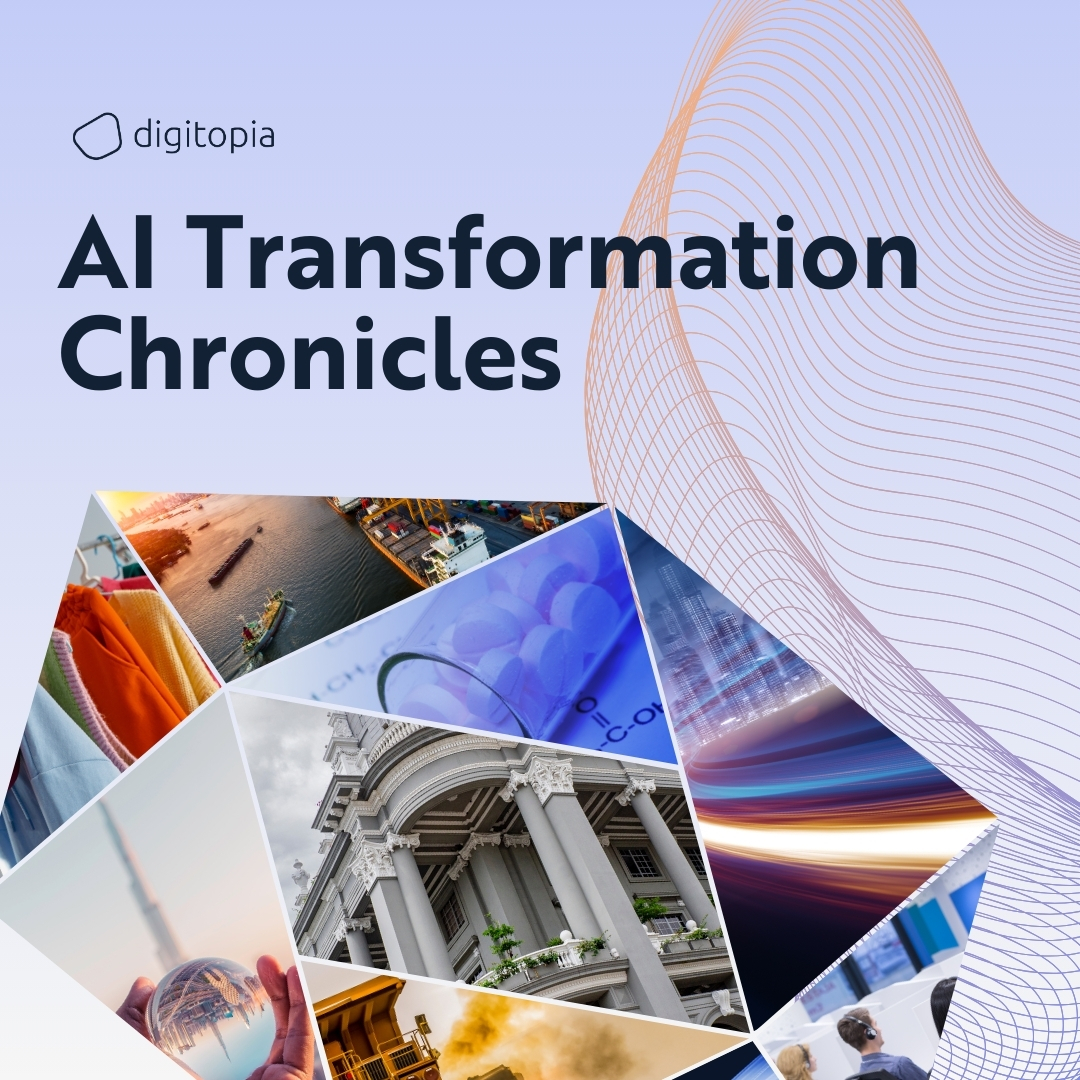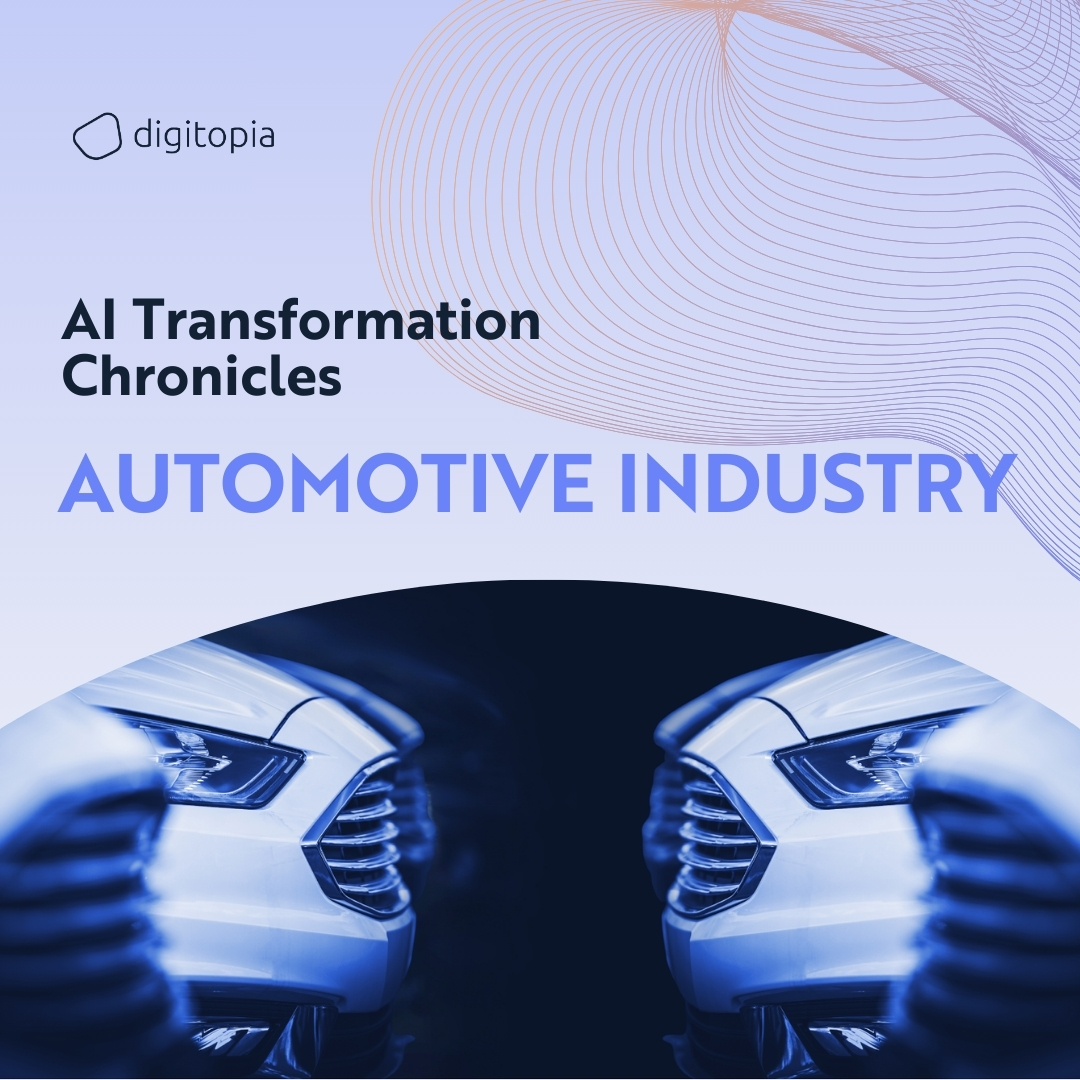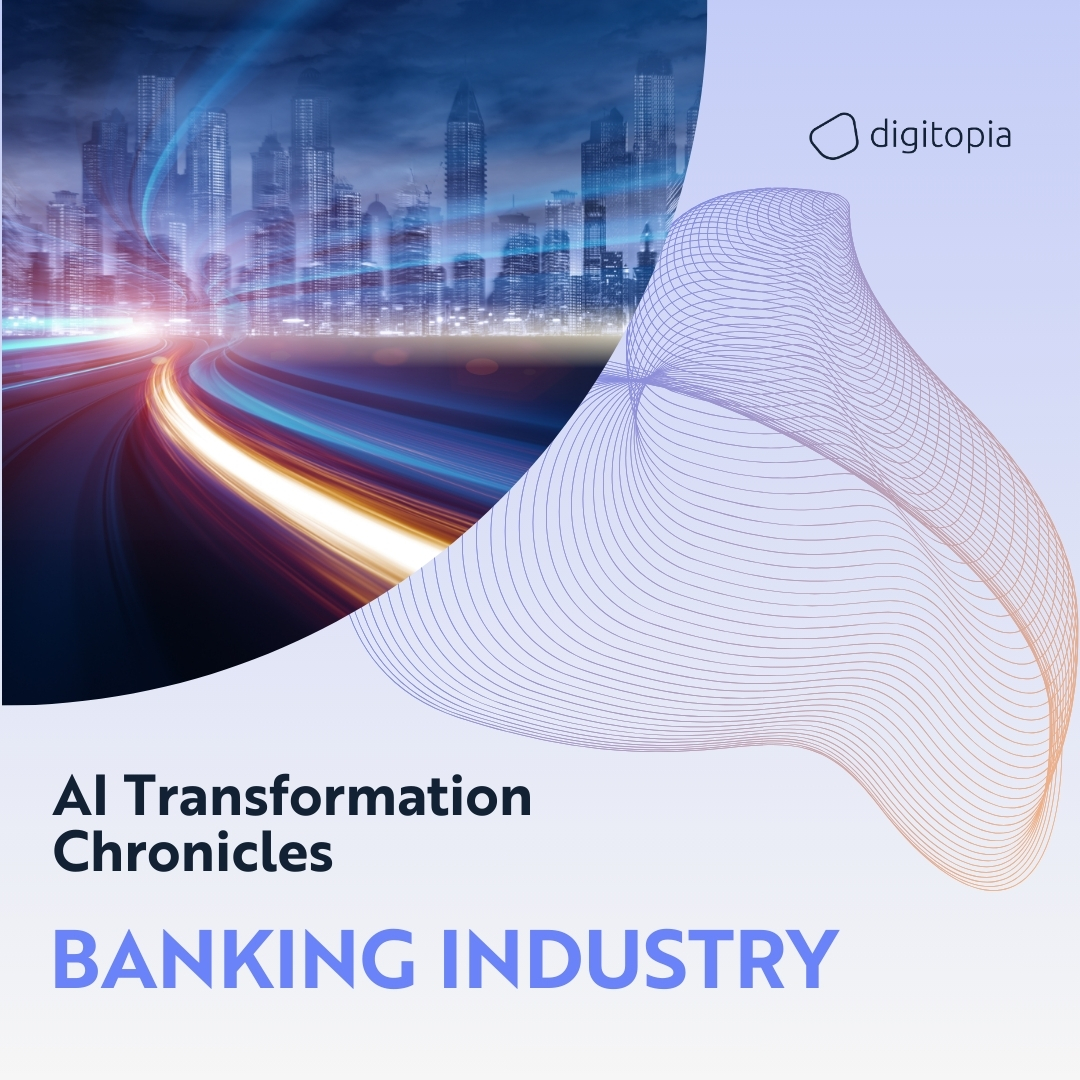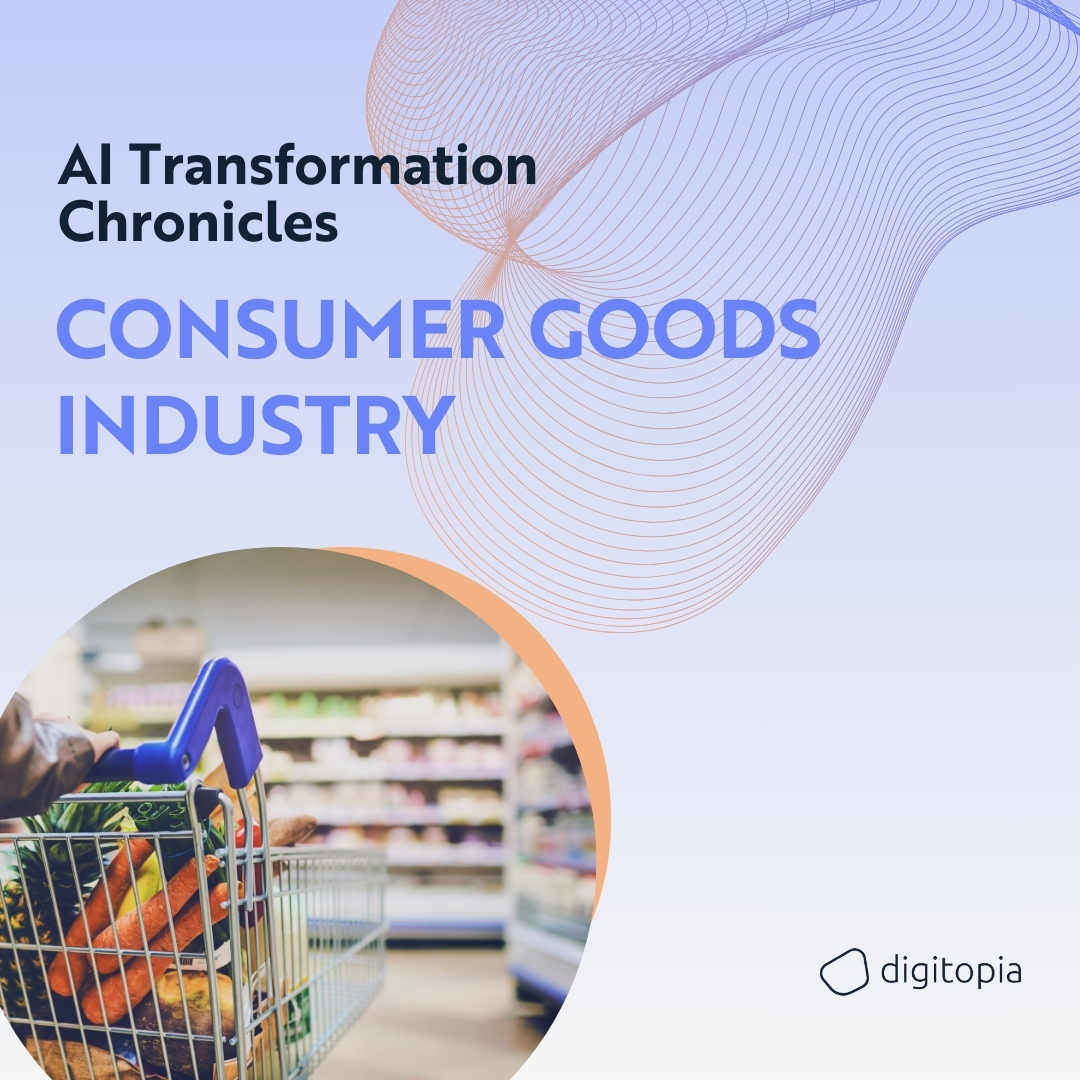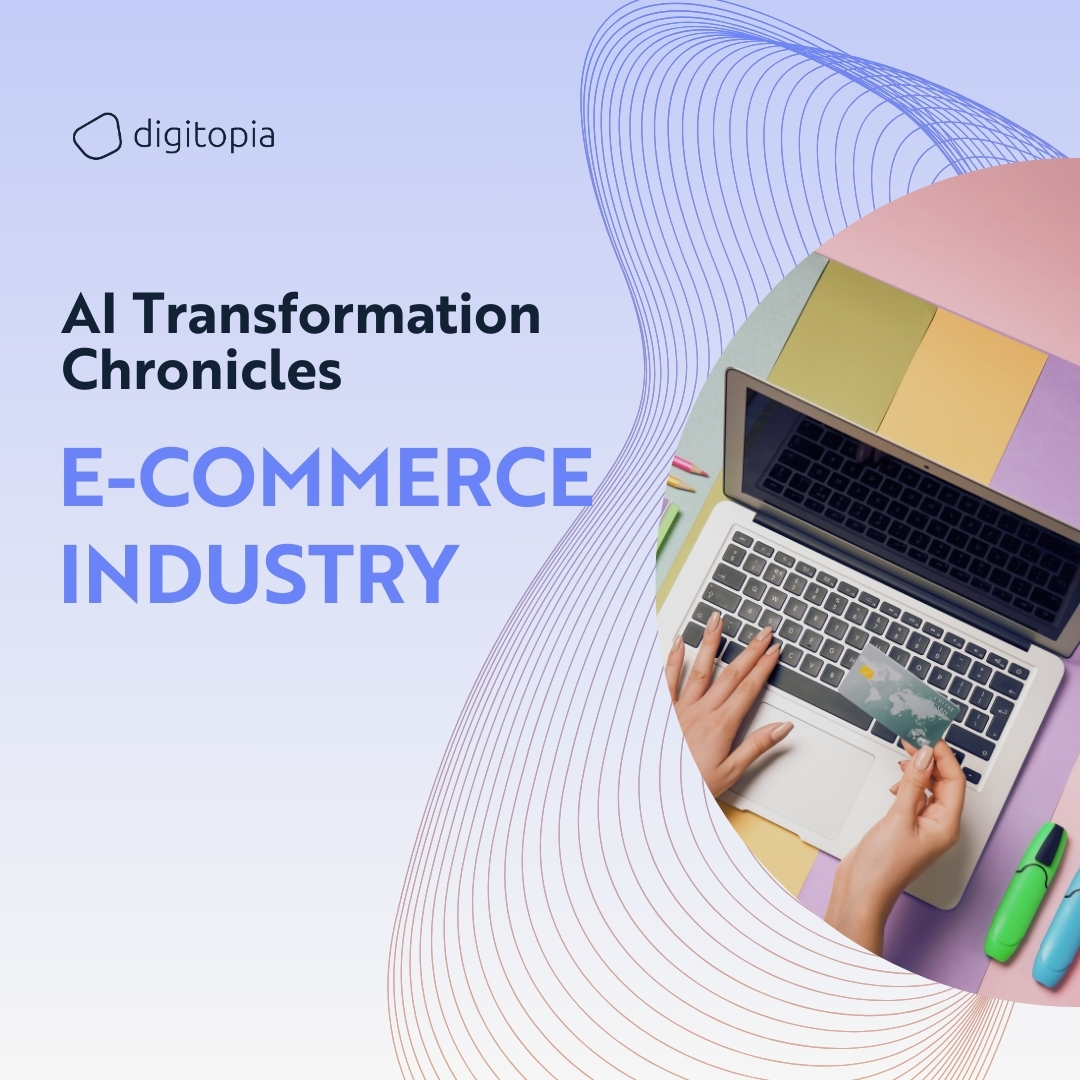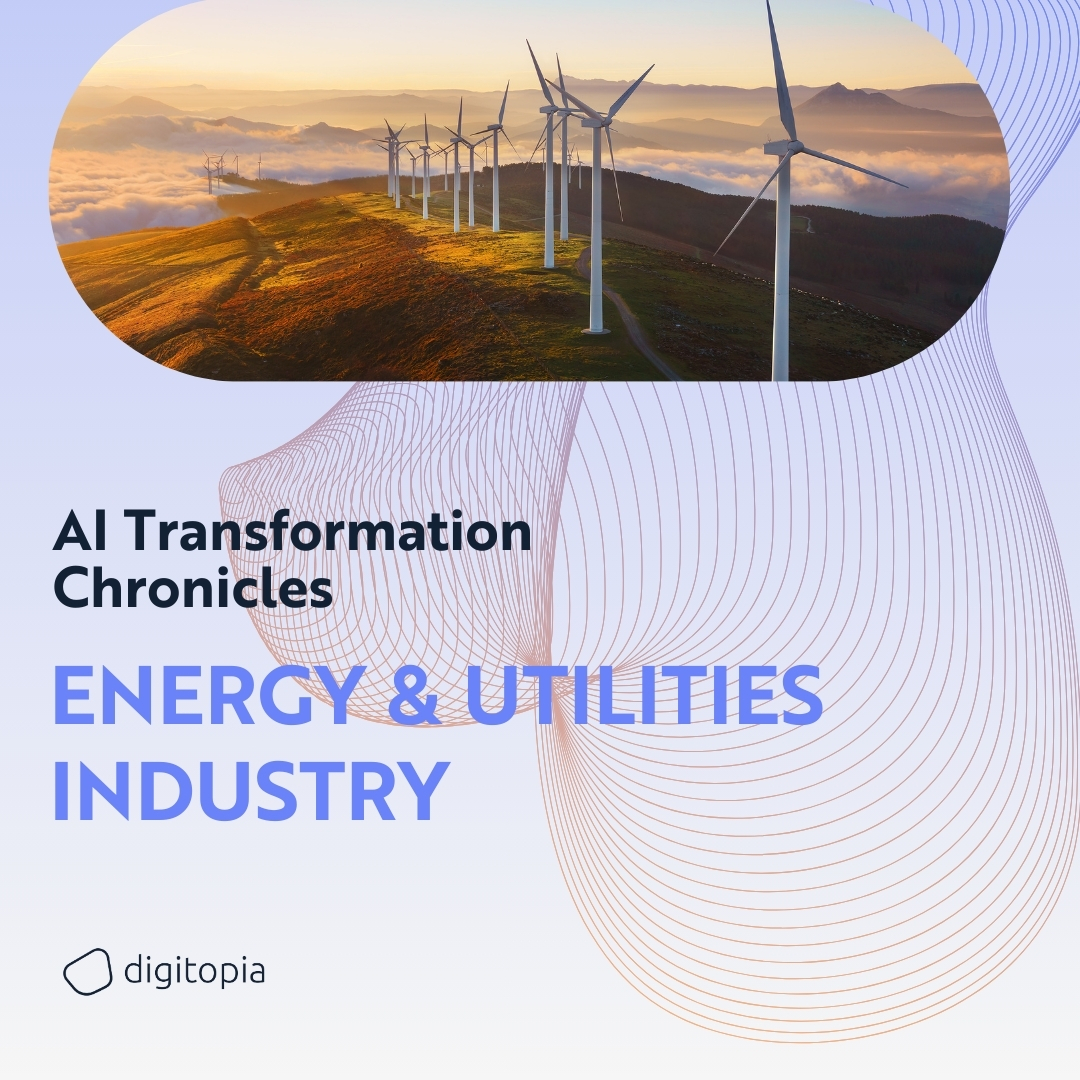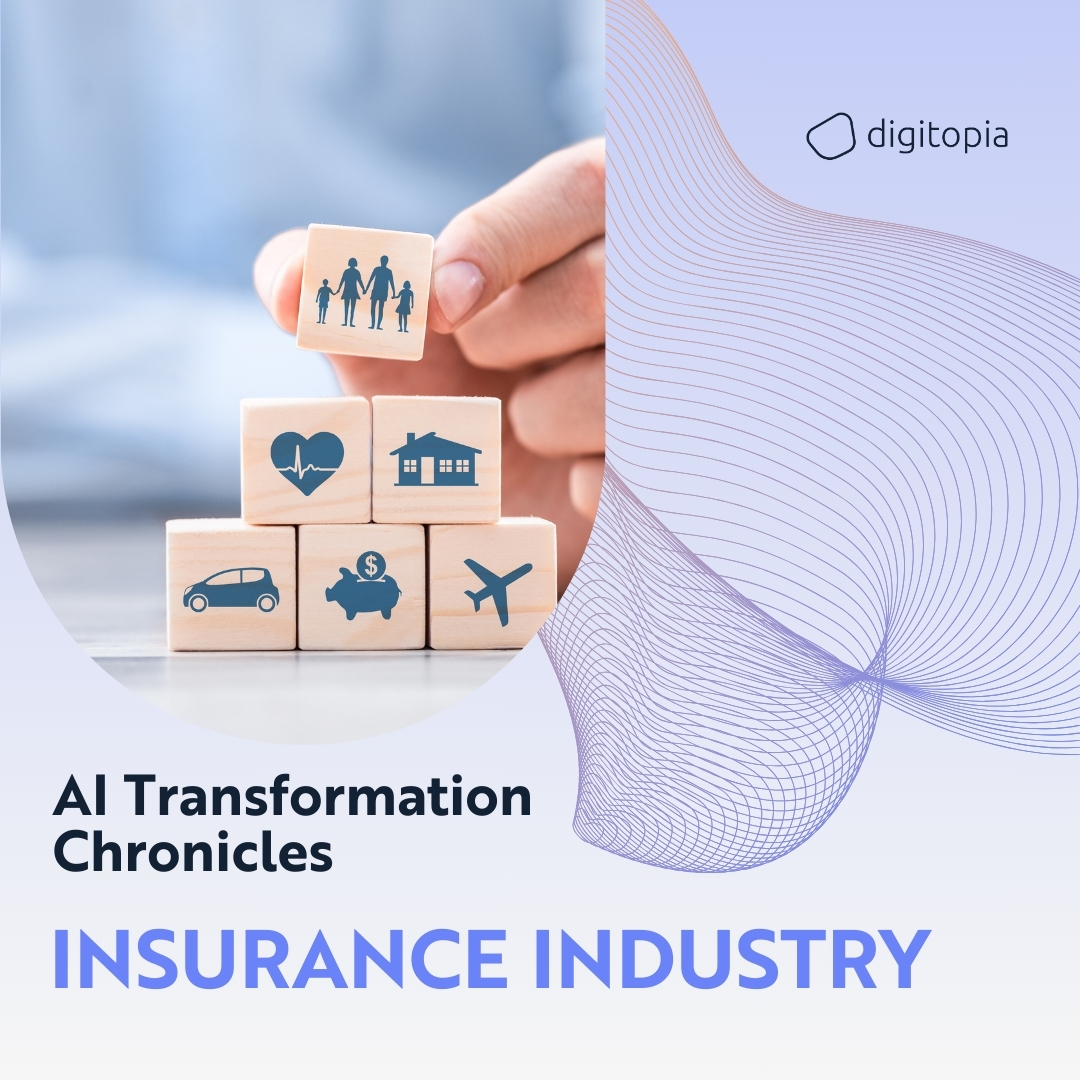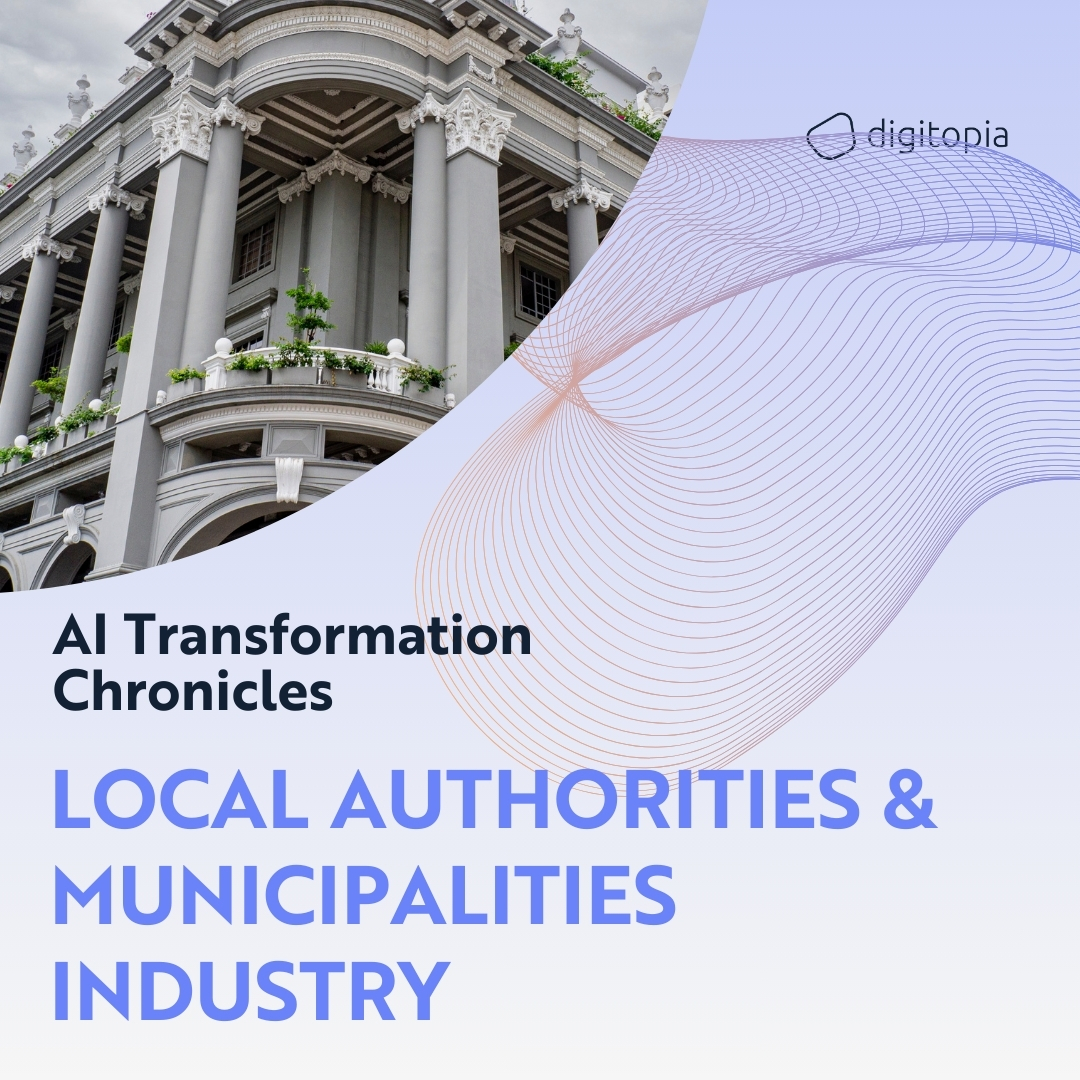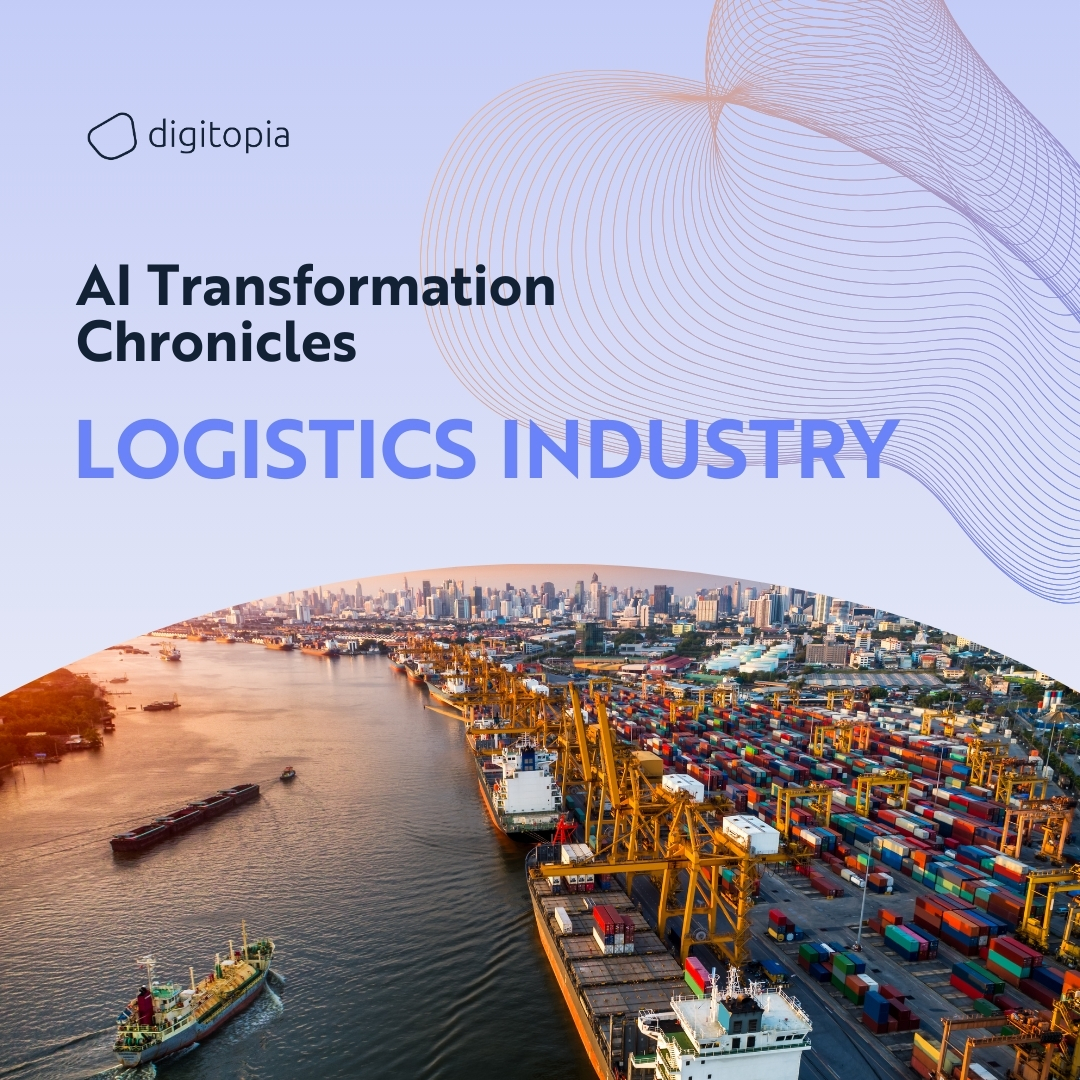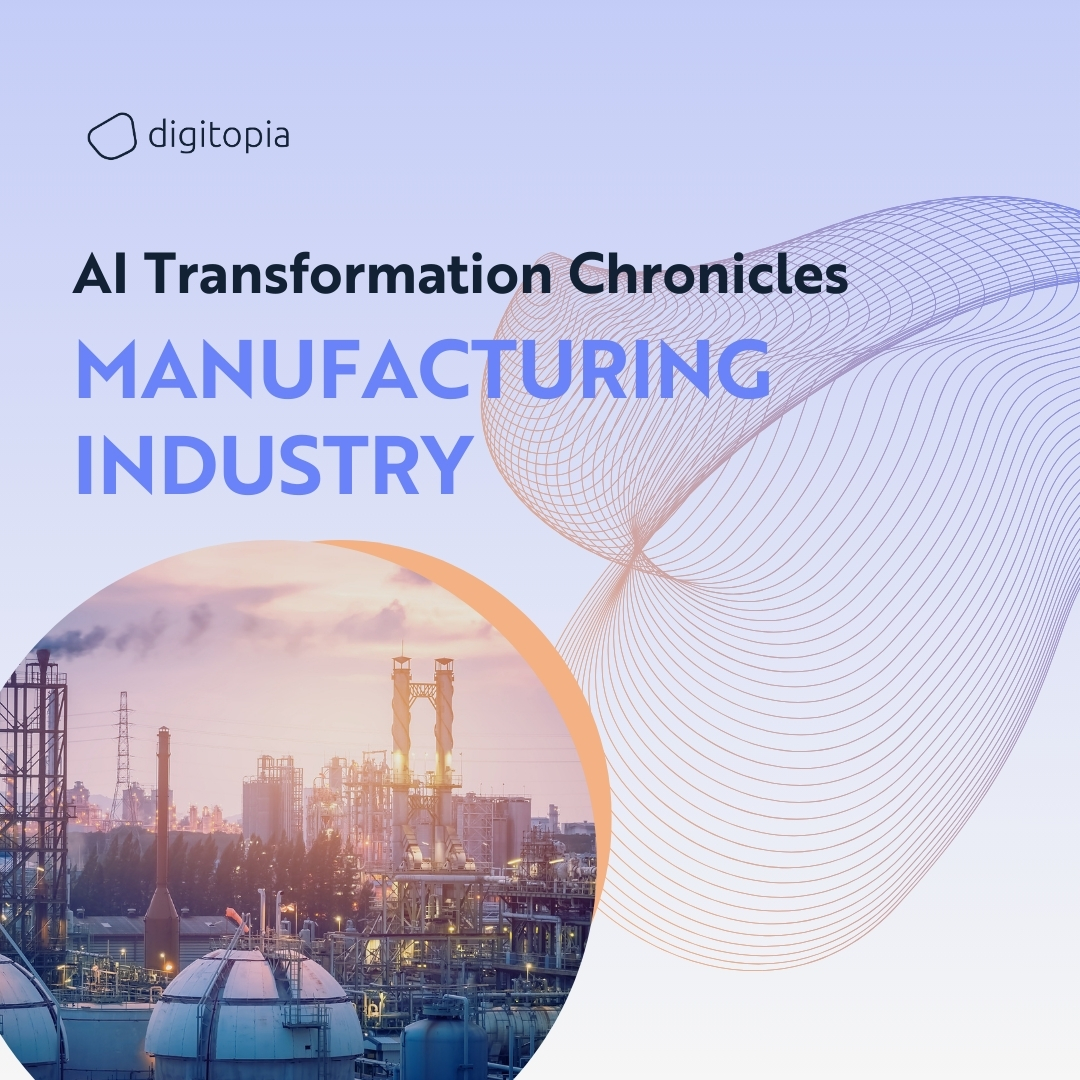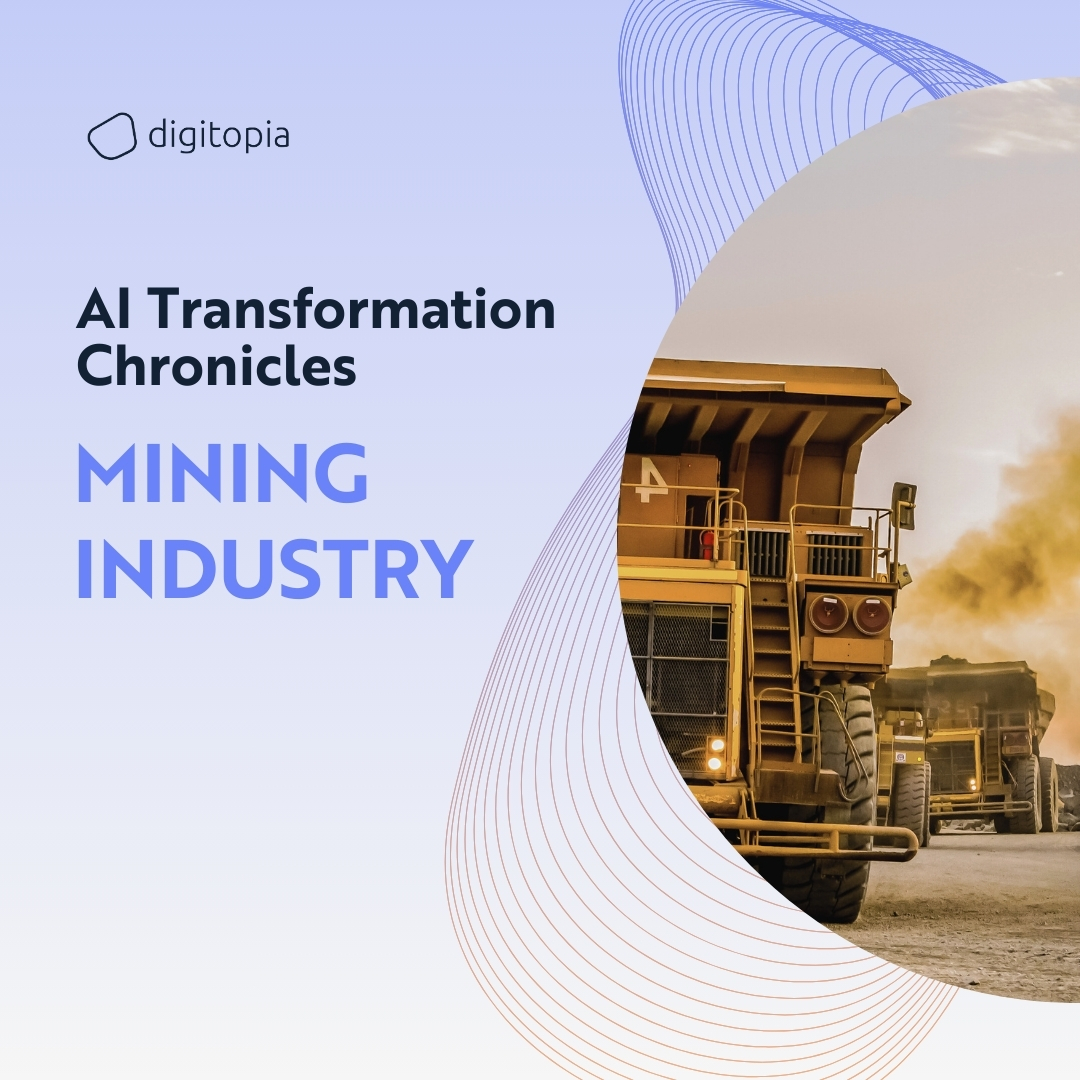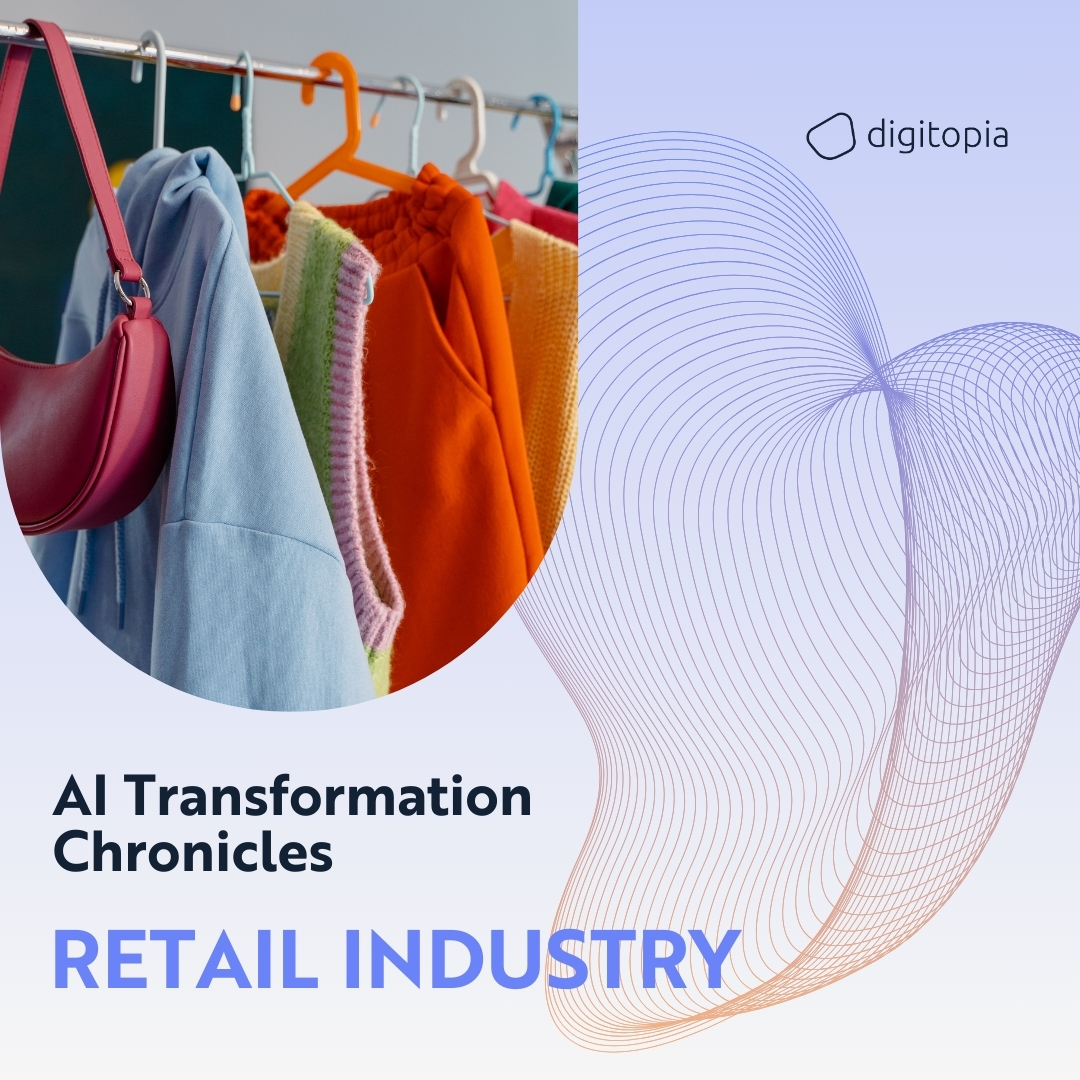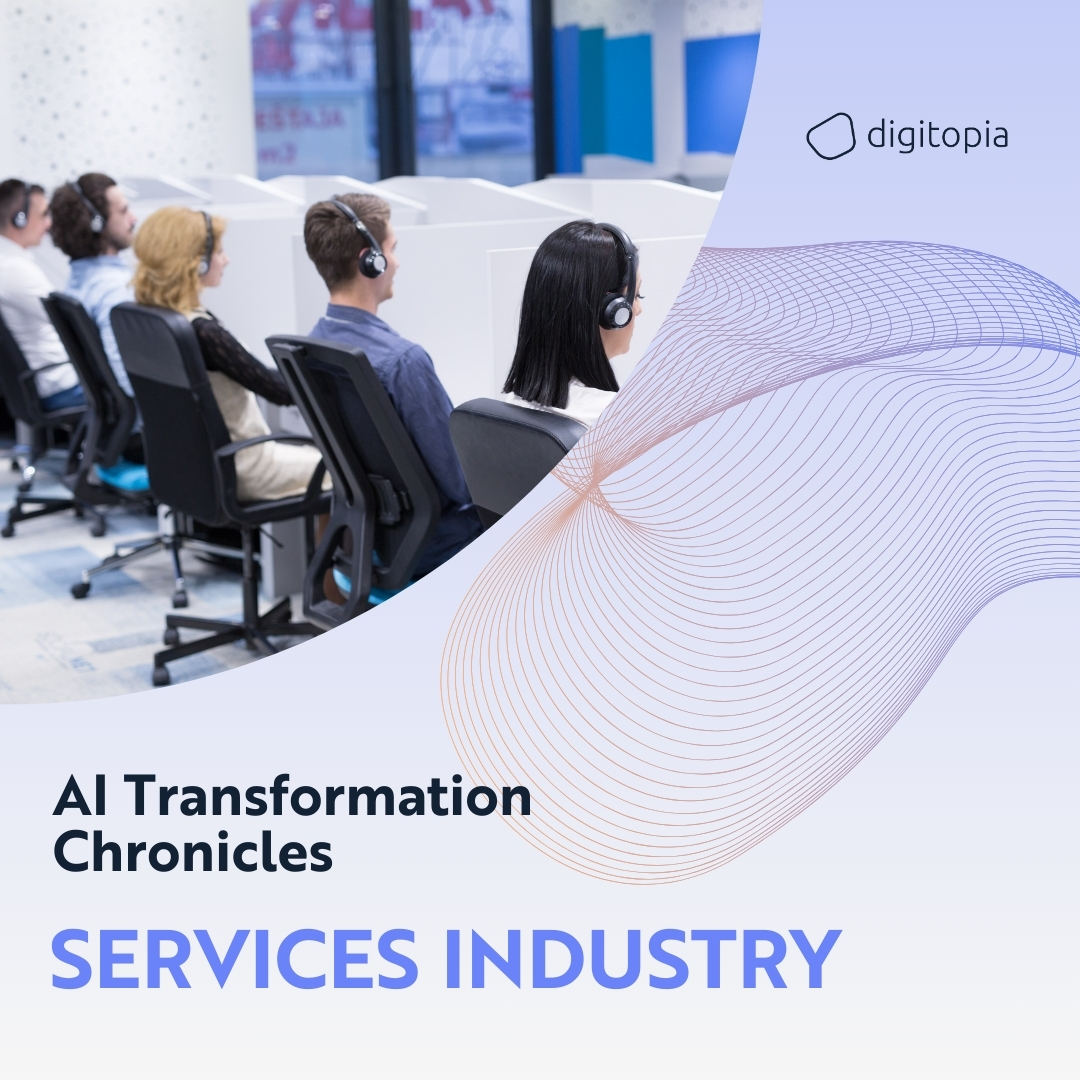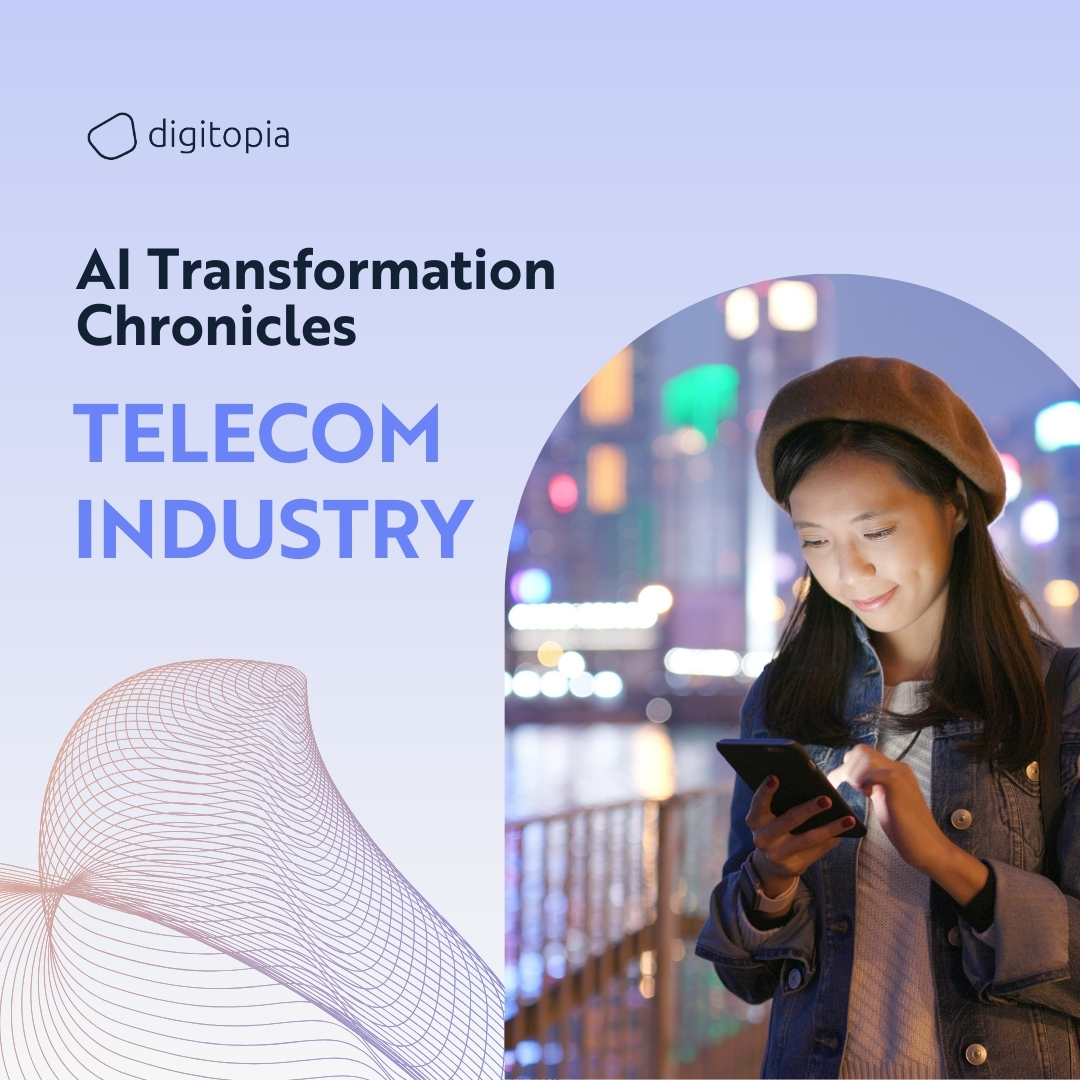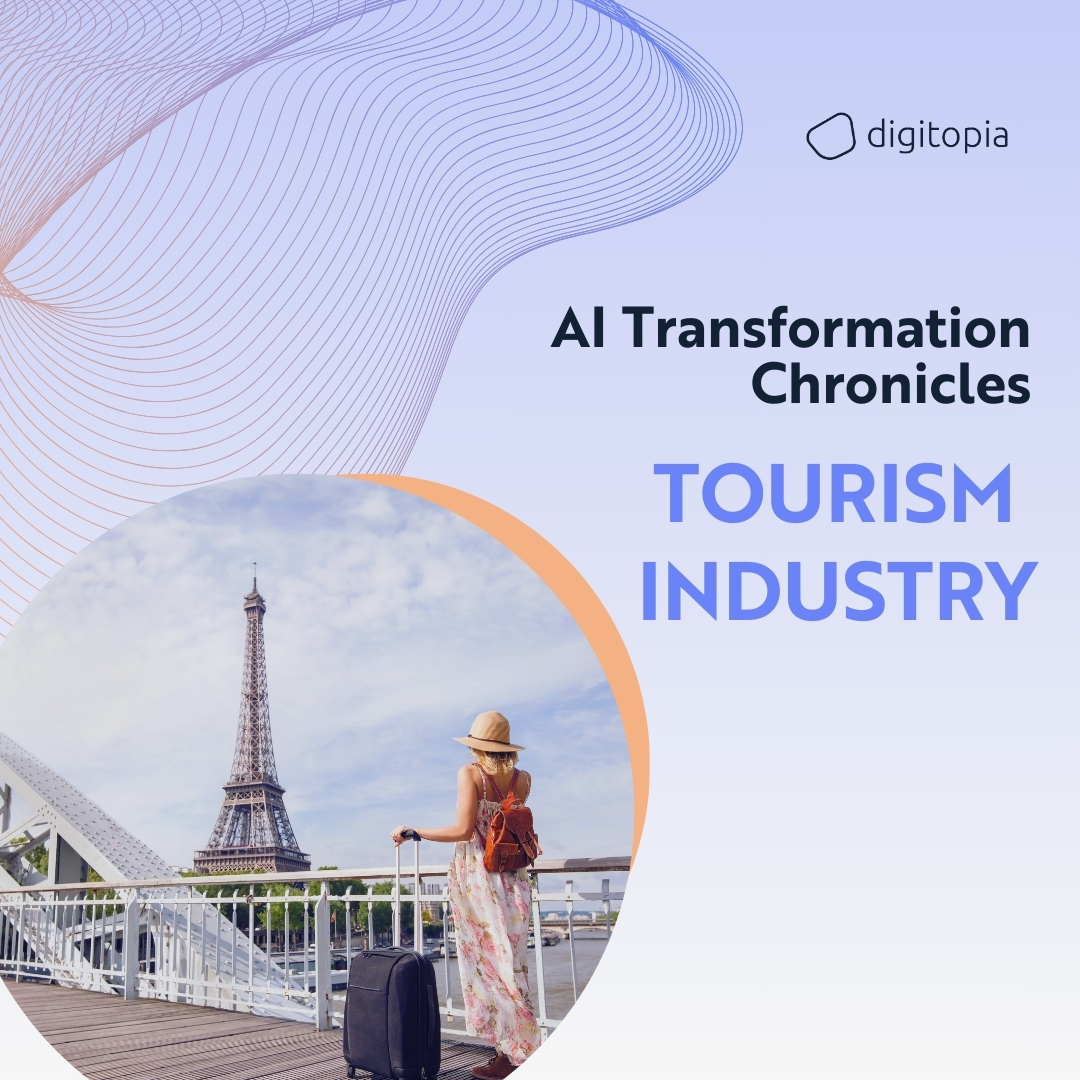
The automotive industry is undergoing a profound transformation driven by Artificial Intelligence (AI) and digital technologies. From optimizing manufacturing processes to enhancing customer experiences and revolutionizing vehicle functionalities, AI is at the forefront of this evolution. This comprehensive overview explores the critical use cases of AI in the automotive industry, grouped into three main categories: the manufacturing of the car, the selling, distribution, and servicing of cars, and the car or vehicle itself. Each section is accompanied by compelling success stories that illustrate the transformative power of AI.
The Promise of AI in Automotive Manufacturing
AI is revolutionizing the automotive manufacturing industry, driving unprecedented advancements in efficiency, precision, and innovation. By integrating AI into various facets of production, manufacturers can optimize processes, ensure superior quality, and enhance supply chain management. AI-powered solutions are enabling predictive maintenance, real-time quality control, and strategic production planning, all of which contribute to reduced operational costs and increased productivity. As the automotive industry faces growing demands for customization, faster production times, and stringent quality standards, AI offers the tools needed to meet these challenges head-on. Embracing AI in automotive manufacturing is not just an option; it is a strategic imperative for those aiming to stay competitive in a rapidly evolving market.
Key Use Cases in Automotive Manufacturing
AI is transforming automotive manufacturing by introducing intelligent solutions that optimize processes, enhance quality, and streamline supply chain management. From predictive maintenance and quality control to production planning and traceability, AI-driven innovations are making manufacturing more efficient, cost-effective, and adaptable to market demands. This section explores the most impactful AI use cases that are revolutionizing how cars are made, ensuring higher productivity, better quality, and reduced operational costs.
- Predictive Maintenance: AI monitors equipment health in real-time, predicting failures before they occur, thus reducing downtime and maintenance costs.
- Quality Control and Inspection: AI-driven visual inspection systems detect defects with high accuracy, ensuring consistent product quality.
- Supply Chain Optimization: AI optimizes supply chain operations by predicting demand, managing inventory levels, and improving logistics efficiency.
- Production Planning and Scheduling: AI algorithms analyze production data to optimize planning and scheduling, reducing lead times and enhancing operational efficiency.
- Traceability and Compliance: AI enhances traceability throughout the manufacturing process, ensuring compliance with industry standards and regulations.

BMW – Germany (Predictive Maintenance)
Challenge: BMW, a leading automotive manufacturer, faced challenges in maintaining its extensive range of production machinery. Unplanned equipment failures led to increased downtime and maintenance costs.
Solution: BMW implemented an AI-driven predictive maintenance system that uses machine learning algorithms to analyze sensor data from machinery. The system predicts potential failures, allowing for proactive maintenance scheduling.
Benefits: The AI-driven predictive maintenance system significantly reduced unplanned downtime and maintenance costs for BMW. The company improved equipment reliability and production efficiency, reinforcing its reputation for high-quality manufacturing.
The Promise of AI in Selling, Distribution, and Servicing of Cars
AI is revolutionizing the selling, distribution, and servicing of cars, setting new standards for efficiency, personalization, and customer satisfaction. By harnessing the power of AI, automotive companies can deliver unparalleled customer experiences, accurately forecast demand, and optimize supply chains. AI-driven innovations such as dynamic pricing, virtual showrooms, and predictive maintenance are transforming every aspect of the automotive retail and service landscape. This section delves into the most impactful AI use cases, demonstrating how these technologies are reshaping the customer journey and driving operational excellence, ultimately positioning companies to thrive in a competitive market.
Key Use Cases in Selling, Distribution, and Servicing
AI is transforming the way cars are sold, distributed, and serviced, bringing new levels of efficiency, personalization, and customer satisfaction to the automotive industry. By leveraging AI technologies, automotive companies can enhance the customer experience, accurately forecast demand, optimize supply chains, and personalize services. From dynamic pricing and virtual showrooms to predictive maintenance and personalized customer interactions, AI-driven innovations are reshaping every aspect of the automotive retail and service landscape. This section delves into the most impactful AI use cases in selling, distribution, and servicing, showcasing how AI is revolutionizing the customer journey and operational excellence in the automotive sector.
- Customer Experience Personalization: AI analyzes customer data to offer personalized recommendations, enhancing the buying experience.
- Demand Forecasting and Supply Planning: AI predicts market demand accurately, optimizing inventory levels and supply chain operations.
- Dynamic Pricing: AI adjusts pricing in real-time based on market conditions, demand, and customer behavior.
- Virtual Showrooms and Test Drives: AI-driven virtual reality (VR) and augmented reality (AR) technologies provide immersive virtual showrooms and test drive experiences.
- Predictive Maintenance Services: AI predicts maintenance needs for vehicles, providing proactive servicing and improving customer satisfaction.

Tesla – United States (Customer Experience Personalization)
Challenge: Tesla aimed to enhance the customer experience by offering personalized recommendations and services to its customers. Traditional methods of customer interaction were not meeting the company’s high standards.
Solution: Tesla implemented AI-driven personalization tools that analyze customer data, including browsing behavior, purchase history, and preferences. These tools provide tailored recommendations and proactive communication to customers.
Benefits: The AI-driven personalization tools significantly enhanced the customer experience at Tesla. Customers received relevant recommendations and timely updates, leading to higher satisfaction and loyalty. Tesla’s innovative approach set a new standard for customer interaction in the automotive industry.
The Promise of AI in Vehicle Functionality
AI is at the heart of the next generation of vehicle functionality, driving innovations that enhance safety, efficiency, and the overall driving experience. From autonomous driving and energy optimization to advanced infotainment systems and integrated smart city connectivity, AI is transforming vehicles into intelligent, adaptable, and highly connected entities. These advancements are not only improving how vehicles operate but are also redefining the relationship between drivers and their vehicles. Embracing AI in vehicle functionality is essential for automotive companies aiming to lead in an era where smart, efficient, and safe transportation is paramount.
Key Use Cases in Vehicle Functionality
AI is revolutionizing the selling, distribution, and servicing of cars, setting new standards for efficiency, personalization, and customer satisfaction. By harnessing the power of AI, automotive companies can deliver unparalleled customer experiences, accurately forecast demand, and optimize supply chains. AI-driven innovations such as dynamic pricing, virtual showrooms, and predictive maintenance are transforming every aspect of the automotive retail and service landscape. This section delves into the most impactful AI use cases, demonstrating how these technologies are reshaping the customer journey and driving operational excellence, ultimately positioning companies to thrive in a competitive market.
- Autonomous Driving: AI powers self-driving cars, enabling autonomous navigation, obstacle detection, and decision-making.
- Energy Optimization: AI optimizes energy usage in electric vehicles, extending battery life and improving efficiency.
- In-Board Infotainment Systems: AI enhances infotainment systems, providing personalized entertainment, navigation, and connectivity features.
- Safety and Security Applications: AI-driven safety systems detect and prevent accidents, monitor driver behavior, and provide emergency assistance.
- Smart Integration: AI integrates vehicles with smart homes, smart cities, and smart highways, enabling seamless connectivity and communication.
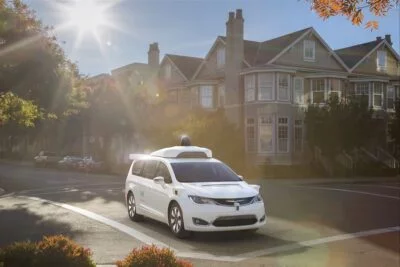
Waymo – United States (Autonomous Driving)
Challenge: Waymo, a pioneer in self-driving technology, faced challenges in developing autonomous vehicles capable of safely navigating complex urban environments.
Solution: Waymo implemented advanced AI algorithms for real-time data processing, sensor fusion, and decision-making. These AI systems enable the vehicles to understand their surroundings, detect obstacles, and make safe driving decisions.
Benefits: Waymo’s AI-driven autonomous vehicles demonstrated exceptional safety and reliability in various driving conditions. The successful deployment of self-driving cars marked a significant milestone in the advancement of autonomous vehicle technology, positioning Waymo as a leader in the field.
Learn More: Top 10 Secrets to Succeeding with AI
Our comprehensive ebook provides actionable insights, real-world case studies, and proven strategies to help you integrate AI into your operations and drive growth.
Download Now
Key Recommendations for Successful AI Transformation in the Automotive Industry
Achieving a successful AI transformation in the automotive industry requires strategic vision, robust infrastructure, and a commitment to innovation. To fully leverage AI’s potential, automotive companies must invest in data infrastructure, develop AI expertise, foster collaborative leadership, and build strong ecosystem partnerships. Prioritizing high-impact AI projects that align with business goals and continuously measuring progress ensures that AI initiatives deliver measurable value. By embracing these key recommendations, automotive companies can drive innovation, enhance efficiency, and maintain a competitive edge in an ever-evolving industry.
- Invest in Data Infrastructure: Develop a robust data infrastructure to collect, integrate, and analyze data from various sources across the automotive value chain. Ensure data quality and accessibility to drive effective AI implementation.
- Develop AI Expertise: Prioritize talent acquisition and development by investing in comprehensive training programs and forming partnerships with educational institutions. Foster a culture of continuous learning and innovation to build a skilled workforce capable of leveraging AI technologies.
- Foster Collaborative Leadership: Leadership teams must champion AI transformation by articulating a clear vision and strategy for AI adoption. Encourage collaboration across departments and functions to ensure alignment and drive AI initiatives forward.
- Leverage Ecosystem Partnerships: Build an ecosystem of partners, including technology providers, academic institutions, and industry consortia, to accelerate AI adoption and innovation. Collaborate with partners for knowledge sharing and access to advanced tools and platforms.
- Align AI Initiatives with Business Goals: Identify and prioritize AI projects that align with strategic business objectives and deliver measurable value. Focus on high-impact use cases that build momentum for broader AI adoption.
- Implement Continuous Measurement and Improvement: Use tools like Digitopia’s AI Maturity Index to continuously assess and benchmark AI capabilities. Regularly review progress, adjust strategies, and ensure AI initiatives deliver the expected value.
By embracing AI across manufacturing, sales, distribution, and vehicle functionality, the automotive industry can drive innovation, efficiency, and customer satisfaction. These advancements will position automotive companies to lead in a dynamic and rapidly evolving market, ensuring long-term success and resilience.


